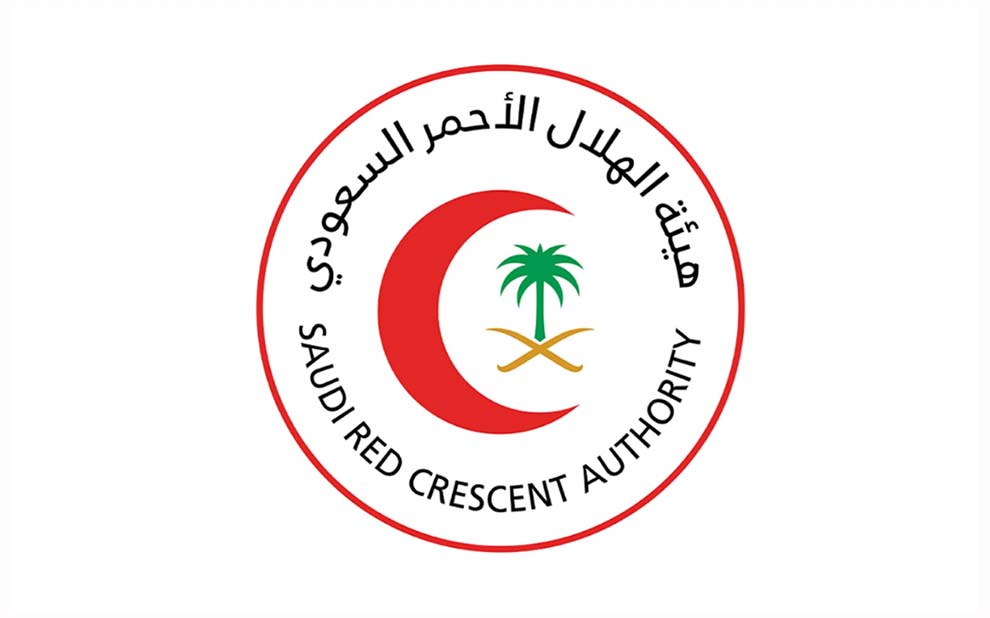In a powerful reflection of Alfaisal University’s commitment to service, healthcare innovation, and Vision 2030 priorities, a group of clinical-year medical students volunteered with the Saudi Red Crescent Authority (SRCA) during the Hajj 1446H season, offering emergency response support in one of the largest annual gatherings in the world.
The collaboration was coordinated by the Alfaisal Department of Family and Community Medicine (AU-DFCM) in partnership with the Center for Innovation Partnerships and Community Engagement (CIPC), following SRCA’s invitation to engage Alfaisal students in its national Alhajj Volunteering Program.
Following a nomination and screening process, selected students underwent orientation and training sessions on pre-hospital care protocols, patient triage, and the use of emergency tools. They were then deployed across several high-density sites, including Al-Haram, Arafat, and Muzdalifah, serving in shifts over a 12-day period.
Each student completed over 128 hours of fieldwork, responding to real-time cases such as:
- Cardiac arrest and advanced CPR (including one documented Return of Spontaneous Circulation)
- Heat exhaustion and heat stroke
- Diabetic emergencies, seizures, and panic attacks
- Hypertensive crises and trauma injuries
Alfaisal student volunteers worked alongside SRCA EMTs in mobile stations, but on the Day of Arafah, they were assigned in pairs to independently cover response zones, often becoming the first and only medical contact in the field. This day particularly tested their ability to assess, stabilize, and transport patients under extreme crowd density and temperature.
Reflecting on the intensity of the experience, one student and future doctor, Dr. Ahmed Wael, noted: “You don’t need deep medical knowledge to make a difference, you just need to be present, alert, and act fast.”
In addition to direct patient care, students managed field equipment, conducted environmental assessments, and learned to adapt care delivery based on location-specific risks. Each volunteer rotated through a variety of settings, some inside the Grand Mosque, others at external gates or surrounding intersections. Shifts were physically and mentally demanding, with the 4 PM to 12 AM shift reporting the highest case volumes.
The program also emphasized inter-agency coordination, logistics, and soft skills, especially communication, cultural awareness, and emotional regulation in crisis settings. Volunteers received meals, accommodation, daily transport, and field stipends from SRCA.
This national-level engagement program exemplifies Alfaisal University’s educational philosophy: blending academic rigor with service learning. Students returned with strengthened clinical judgment, real-world adaptability, and an unwavering sense of purpose.
Alfaisal University extends sincere appreciation to the Saudi Red Crescent Authority for inviting our students to be part of this national initiative, and for providing comprehensive guidance throughout the program. We are especially grateful to Dr. Fahad Al Hajjaj, Dr. Yousef AlSofian, and the entire SRCA team for their dedication and support in ensuring a meaningful volunteer experience for our students.














